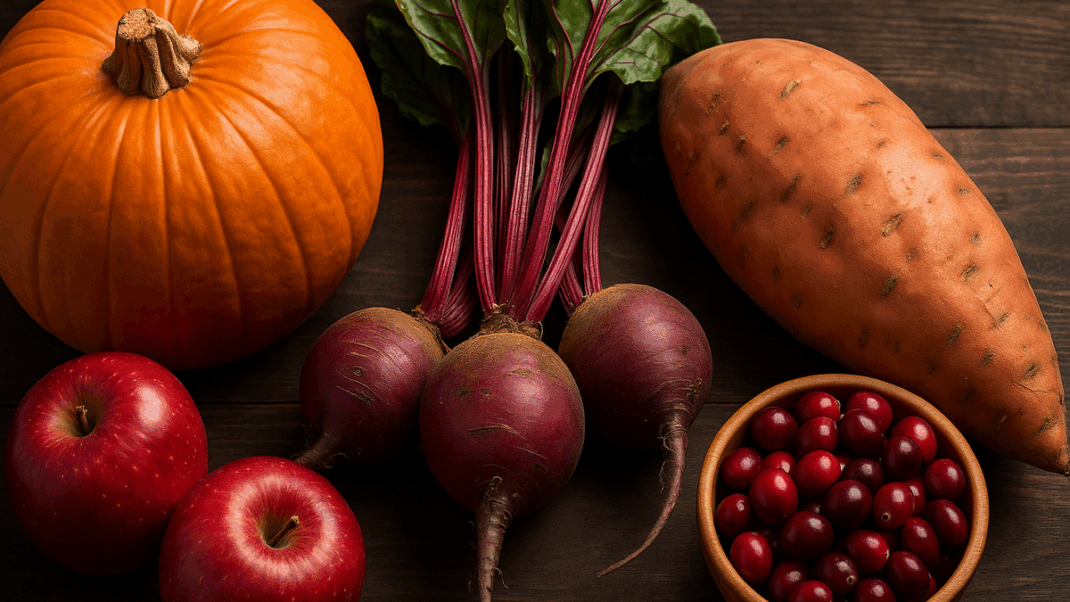M&M&M: Maca, Matcha and Mate—Teas to Please

Healthy teas and herbal tisanes (though often called “herbal teas,” they are not made from tea leaves) come in a multitude of types and flavors. Three notable varieties are maca, matcha and yerba mate, all of which have been important to traditional cultures for centuries.
Maca. This small root vegetable from the Andes of South America contains fatty acids, fiber, proteins, carbohydrates and minerals. Maca bolsters athletic stamina and strength and also enhances clarity, though it contains no caffeine. Maca tea can be prepared in the same way as other teas—by using the leaves—but the steeping period is quite short, just 2–3 minutes in hot water. Another option is to prepare any hot tea, wait a minute or two (to preserve maca’s heat-sensitive nutrients) and then add a teaspoon of maca powder. Adding milk (preferably nondairy) and/or sweetener is optional.
Matcha. The key ingredient in the revered Japanese tea ceremony, matcha is an Asian green tea credited with boosting metabolism, decreasing inflammation, inhibiting cancer cell growth and replication, lowering cholesterol and slowing the bacterial growth that leads to plaque buildup on teeth. Green tea also has theanine, an amino acid whose calming effects counterbalance the tea’s caffeine. To make matcha with a bit of traditional panache, put a teaspoon in a preheated bowl, add a third cup of hot (not boiling) water and agitate with a bamboo whisk.
Yerba mate. A traditional beverage of the indigenous peoples of southern Brazil and Paraguay, mate (pronounced MAH-tay) can introduce disease-fighting antioxidants into a diet. Coffee drinkers who crave caffeine but want to avoid coffee’s acidity have found yerba mate a satisfying alternative. Mate is best prepared by moistening the leaves with unheated water, then pouring hot water over it to steep. Boiling water causes a bitter taste.
Health risks. Yerba mate has been linked to an increased risk of certain cancers; green tea poses a threat to those with an autoimmune condition or hypothyroidism; and maca is a pituitary stimulator that may be unsafe for some people. Do some research before diving into these drinks.
—Patricia R. Low
Patricia R. Low
Patricia R. Low is an educator, freelance writer and copy editor. A long-time fitness enthusiast and food fancier, she gamely welcomes, and eagerly shares new experiences in both arenas, ever focused on what's beneficial for herself, other people and the home planet. Contact her at: prl@freebody-books.com.





